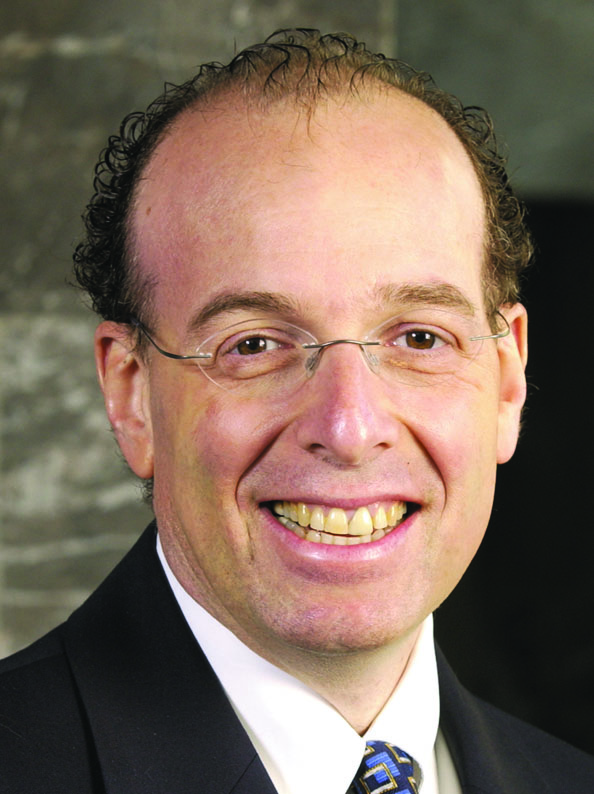In the realm of relationships, the bond between risk managers and their insurance brokers is right up there with that of patient/doctor or lawyer/client. Many of these relationships last as long—or longer—than the average marriage, and the good ones are built on many of the same elements: trust, growth, reciprocity and good communication.
But unlike a personal relationship, the risk manager/broker bond leaves no room for error. A communication misstep on the part of either party could result in a coverage gap that could prove financially devastating for the client, and in turn get the broker tossed out the door. And in today's hyper-competitive insurance marketplace, it's a relationship that gets re-evaluated regularly.
 “We keep testing the relationship to see if they can go the extra mile,” says Michael Liebowitz, senior director of insurance and enterprise risk management for New York University. “They have to keep showing what the results are based on the difficult questions that are asked. This gives you an idea of how professional, how deep they are in terms of providing service to the customer. They're only as good as their last conversation with me.”
“We keep testing the relationship to see if they can go the extra mile,” says Michael Liebowitz, senior director of insurance and enterprise risk management for New York University. “They have to keep showing what the results are based on the difficult questions that are asked. This gives you an idea of how professional, how deep they are in terms of providing service to the customer. They're only as good as their last conversation with me.”
Recommended For You
Want to continue reading?
Become a Free PropertyCasualty360 Digital Reader
Your access to unlimited PropertyCasualty360 content isn’t changing.
Once you are an ALM digital member, you’ll receive:
- Breaking insurance news and analysis, on-site and via our newsletters and custom alerts
- Weekly Insurance Speak podcast featuring exclusive interviews with industry leaders
- Educational webcasts, white papers, and ebooks from industry thought leaders
- Critical converage of the employee benefits and financial advisory markets on our other ALM sites, BenefitsPRO and ThinkAdvisor
Already have an account? Sign In Now
© 2025 ALM Global, LLC, All Rights Reserved. Request academic re-use from www.copyright.com. All other uses, submit a request to [email protected]. For more information visit Asset & Logo Licensing.








